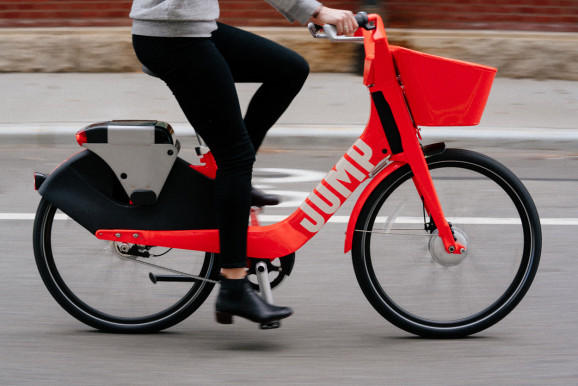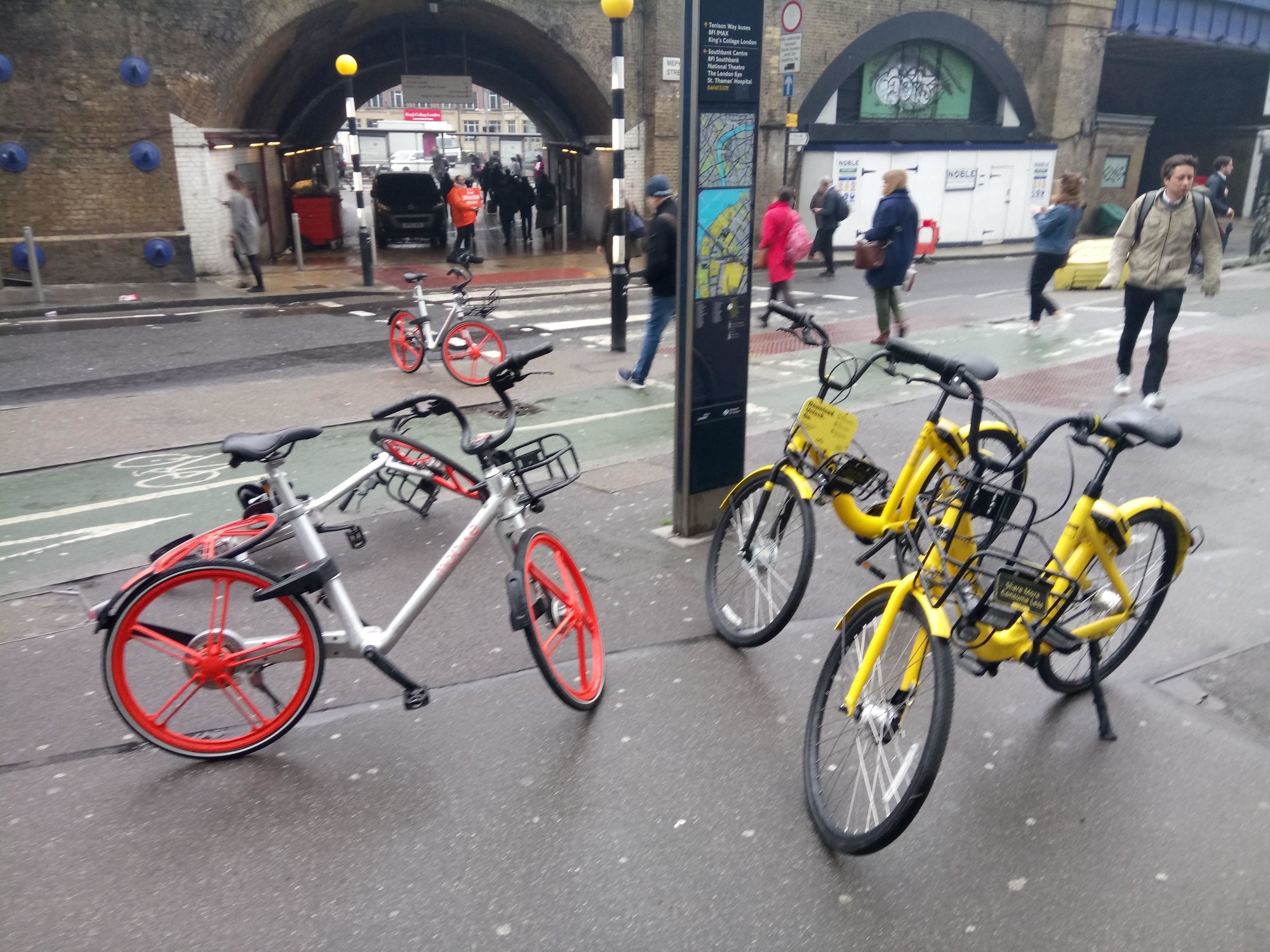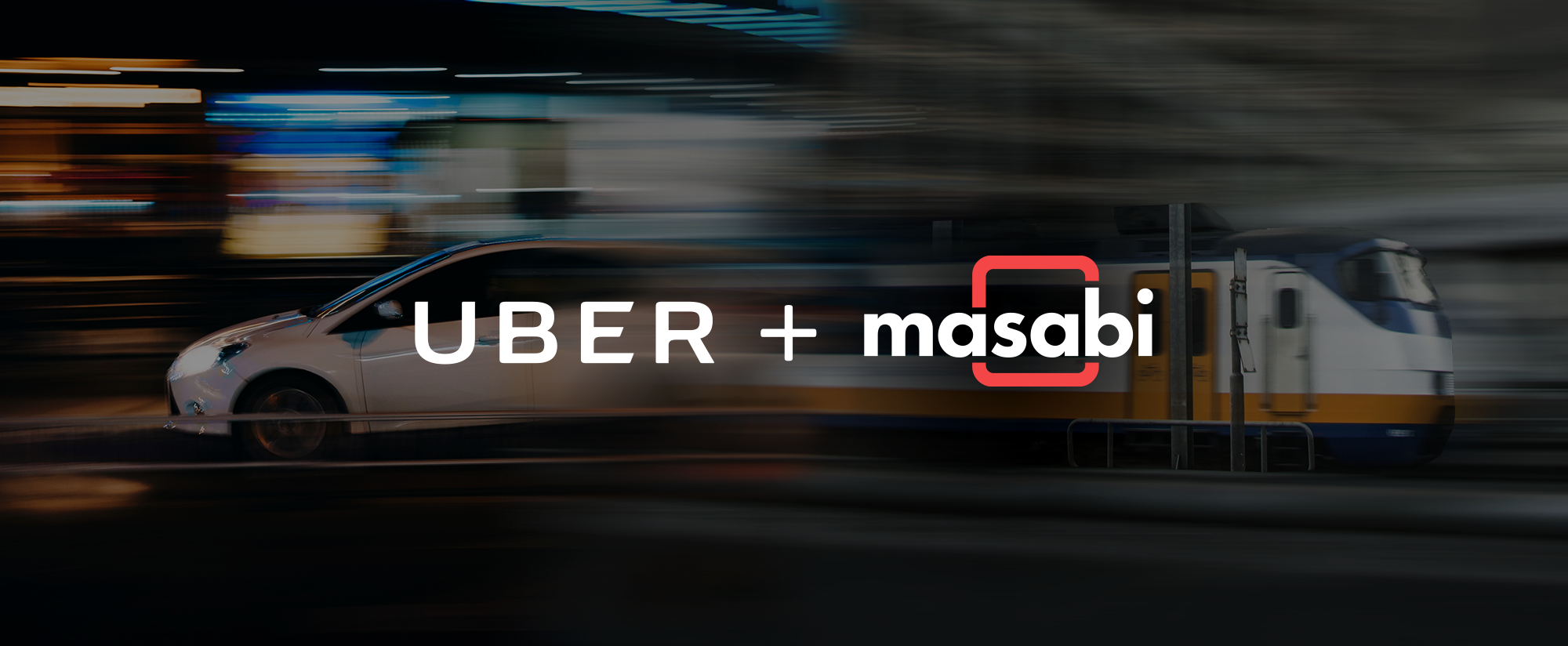On Monday this week, we reached Earth Overshoot Day, the date which marks when humankind uses-up more of earth's resources than it can replenish during the year. So despite being the most intelligent species on Earth, we're not being very intelligent about how we live within its bounds.
"...despite being the most intelligent species on Earth, we're not being very intelligent about how we live within its bounds"We're also facing increasing incidences of extreme weather, which although may cause inconvenience when national infrastructure cannot cope (e.g. in the UK, we had the hottest day on record last week - and buckling rails caused misery for commuters)... in increasing parts of the world, it translates into crop failures, famine and mass migration.
1.5°
The respected IPCC predicts that under most scenarios modeled, the earth's average temperature will increase by 1.5 degrees from pre-industrial levels, by the end of the 21st Century. This in-turn, will lead to even more catastrophic changes to our weather, landscape, oceans, land use and biodiversity. We are living in a climate emergency.The concept of working collaboratively to limit global temperature increases to within 1.5 degrees has gained significant momentum - and as organisations commit to aligned 'Science-Based Targets', we're seeing the seeds of positive, affirmative action being taken.
And it makes sense - not only do organisations have a moral duty to show climate leadership as part of their core purpose, but such action can help to attract and retain talent, mitigate climate risks from business operations and identify new opportunities for revenue generation.
If you share the vision that the 1.5 degrees concept can be used as a long-term, global platform to demonstrate climate leadership, engage with stakeholders and help move society back onto a sustainable footing... I might be able to help!
"...the 1.5 degrees concept can be used as a long-term, global platform to demonstrate climate leadership, engage with stakeholders and help move society back onto a sustainable footing"I'm selling the following web domains* and would be delighted to see them put to better-use than I've ever been able to:
www.1point5degrees.com
www.OnePointFiveDegrees.com
If you or your organisation is interested please do contact me directly:
Alternatively, if you know of any sustainability professionals who work in organisations where this opportunity may resonate with them, please do add their names as a comment to this article.
Thank you.
*the domain names are for sale, and once sold, the new owner would use it/them to address/point to their own content, e.g. a new global campaign to engage customers. The existing content which these domains point to (my personal sustainability blog) would not be sold.
N.B. This sale is being made on a personal basis and is unconnected to my current employer.
Thank you.
*the domain names are for sale, and once sold, the new owner would use it/them to address/point to their own content, e.g. a new global campaign to engage customers. The existing content which these domains point to (my personal sustainability blog) would not be sold.
N.B. This sale is being made on a personal basis and is unconnected to my current employer.









